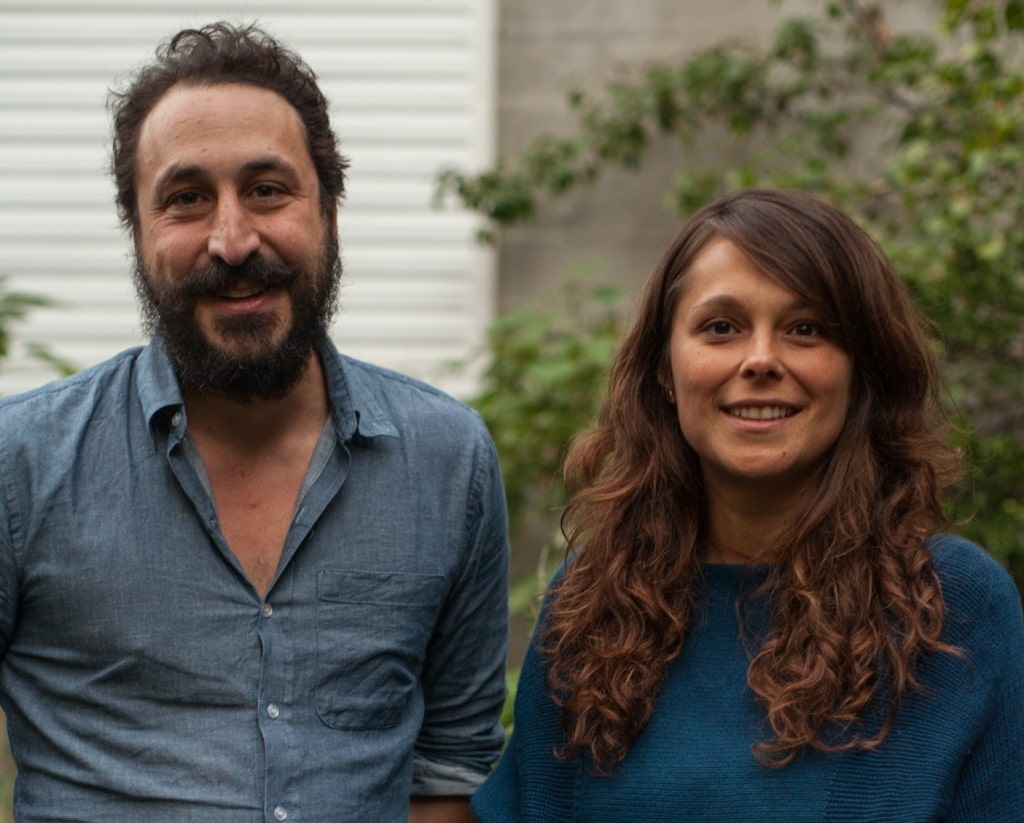
Michael Wallach and Susana Kraglievich of Central Park Tutors
“So many parents we work with are struggling with how to help their kids stay focused,” writes Susana Kraglievich, founder of the long-standing Upper East Side tutoring firm Central Park Tutors. “But the good news is there are strategies you can use to help!”
Below are five quick tips from Susana, whose firm has been tutoring NYC families for more than fifteen years, from the Kennedy-Cuomo’s to the children of Columbia professors, to numerous Fortune 500 CEOs (though the rates are reasonable, ranging from $165-$200 per hour).
Her advice might be worth listening to: In a feature article by The New York Times, one busy parent said “this service is a lifesaver,” also noting “that her son’s grades and organizational skills improved and that parent-child conflicts declined after she hired Ms. Kraglievich.”
Central Park Tutors provides NYC tutoring for homework help, test-prep, dyslexia, ADHD, executive functioning and more. To reach out to them, click here.
Here are her tips:
1. Make organizing part of your daily routine! You may find it hard to imagine that your child will ever start a homework session by organizing folders and backpacks and then setting self-imposed due dates, but we’ve seen it many times that by going through the same process, day after day, children will begin to internalize the routine and become independent, if they start with a simple task like organizing every day.
2. Start small and take breaks! A useful technique is to work in concentrated spurts and then take a break and gradually increase the time of the work spurts. With your child, estimate how long s/he can realistically focus intently on a task. Get a timer, set it for that amount of time. Tell the child s/he will work very intently for that amount of time and then take a five minute break. During the break the child should move around. At first a young child may be able to focus for three-five minutes and an older child or teenager may be able to focus for only 10-12 minutes. By adding two minutes a week you can develop the child’s ability to focus gradually and consistently.
3. Make sure you have a dedicated, clean workspace! Let’s face it, grown adults will spends years hoping for the corner office or an extra 8 square feet of desk space. Where we work is crucial to how we feel about our work. Carving out an area of your home with easy access to materials, storage and clean desk space is just as important for kids as it is for CEOs.
4. Distraction often means students are overwhelmed. Students get distracted for a lot of reasons, but one of the big ones is that students get distracted when they are seeing too much new material all at once. If you see your child is becoming distracted with a particular topic, make sure to pay careful attention to how they are doing in that class, and if possible, to go over the material with them together. It might look like avoidance, but often distraction happens when student’s are trying their hardest and it’s just not making sense.
5. Get Help! Yes, I am plugging our services here, but the truth is that sometimes having a tutor from the outside can make a huge difference in how your kids perceive the use of their time. We often see our tutors start working with distractible children quite easily and you just have to assume that kids feel a different sense of purpose when they know a dedicated teacher has come to work with them.
“Most important of all,” says Susana “don’t give up!”
To reach out to her directly, or to learn more about Central Park Tutors for NYC tutoring, go to www.centralparktutors.com or just call at 917-502-9108.





